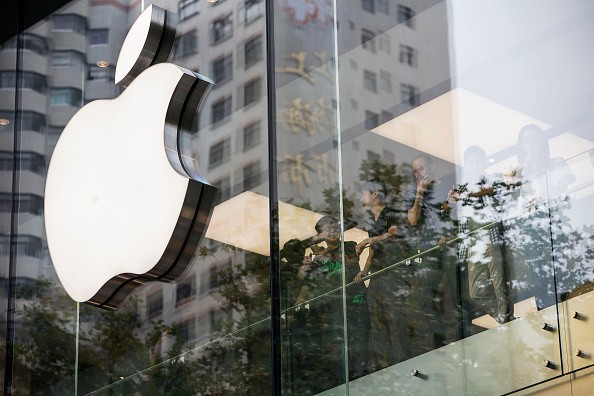A US jury ruled in favor of the Wisconsin Alumni Research Foundation, awarding it more than $234 million in copyright violation case against Apple Inc.
The amount was set after three hours of deliberation. According to Wisconsin State Journal, the $234 million was approximately $165 million less than what the foundation expected, but the legal team was happy about the ruling. On Oct. 13, Tuesday, the jury announced that the tech giant violated on the copyright, spurring the damages phase of the trial.
The patent dispute concerns chip technology co-invented by University of Wisconsin-Madison computer sciences professor Gurindar Sohi. The technology improves the speed and effectiveness of processors that run popular Apple mobile gadgets like iPhones and iPads, extending battery life by more than two hours.
While Apple spokeswoman Rachel Tulley said that the company will appeal, the attorneys of the Cupertino-based company remained mum on the issue.
The nonprofit Wisconsin Alumni Research Foundation operates as the technology link between University of Wisconsin and Madison by copyrighting and commercializing campus innovations.
According to BBC, Carl Gulbrandsen, managing director of the foundation said, "This is a case where the hard work of our university researchers and the integrity of patenting and licensing discoveries have prevailed. The jury recognized the seminal computer processing work that took place on our campus."
The foundation attorney Morgan Chu asked the jury for a royalty of $2.74 per unit, whereas Apple Inc.'s attorney William Lee argued that patent violation was worth a royalty of just 7 cents per unit.



























